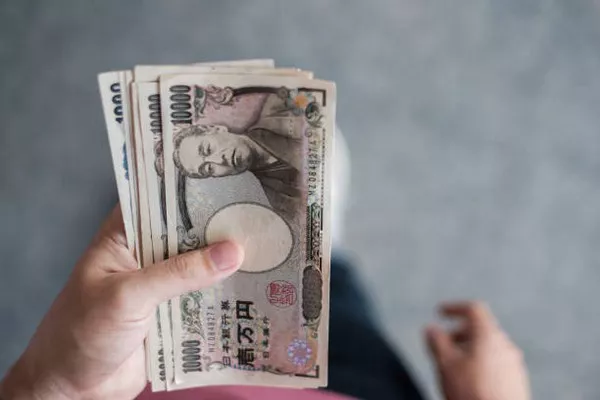In an era marked by globalization, international travel, and business ventures, acquiring foreign currencies has become an essential aspect of financial planning. For those planning a trip to Japan or engaging in trade with Japanese partners, obtaining Japanese Yen is a crucial step. In the Philippines, a country known for its warm hospitality and economic dynamism, various avenues exist for acquiring Japanese Yen. In this comprehensive guide, we will explore the diverse options available and provide insights into the most efficient and reliable channels for purchasing Japanese Yen.
Understanding the Currency Exchange Market:
Before delving into specific locations where one can buy Japanese Yen in the Philippines, it is essential to grasp the dynamics of the currency exchange market. Exchange rates, which fluctuate based on economic conditions, geopolitical events, and market sentiment, play a pivotal role in determining the cost of acquiring foreign currencies. It is advisable for prospective buyers to stay informed about prevailing exchange rates to make informed decisions and secure the best deals.
1. Commercial Banks:
Commercial banks are a traditional and widely accessible source for currency exchange services. In the Philippines, major banks with international presence offer foreign exchange services, including the purchase of Japanese Yen. Customers can visit their local bank branch or use online banking platforms to place an order for Japanese Yen. While this option provides convenience, it is crucial to compare exchange rates and service fees to ensure a cost-effective transaction.
2. Authorized Money Changers:
Authorized money changers are licensed financial institutions that specialize in currency exchange services. These establishments are regulated by the Bangko Sentral ng Pilipinas (BSP), ensuring compliance with industry standards. Money changers are often found in shopping malls, business districts, and tourist areas, providing accessibility for both locals and tourists. Before transacting with a money changer, it is advisable to verify their authorization status with the BSP and compare rates among different establishments.
3. Online Currency Exchanges:
In the digital age, online currency exchange platforms have gained popularity due to their convenience and competitive rates. Several online platforms allow users to purchase Japanese Yen and have the currency delivered to their doorstep. It is crucial to choose reputable platforms with secure payment options and transparent fee structures. Additionally, consider the delivery time and associated costs when opting for online currency exchange services.
4. Airports and Hotels:
For travelers, airports and hotels are common locations to exchange currency. While convenient, these options may offer less favorable exchange rates and higher fees compared to other avenues. It is advisable to exchange only a small amount of currency at airports or hotels and rely on other methods for larger transactions.
5. Forex Brokers:
Forex brokers cater to both individual and institutional clients, offering a platform for trading and exchanging currencies. While primarily associated with forex trading, some brokers provide currency exchange services for physical delivery. It is essential to choose a reputable forex broker with transparent fee structures and reliable customer support.
See Also: Why Do People Invest In Yen?
Conclusion:
In conclusion, purchasing Japanese Yen in the Philippines involves exploring various avenues, each with its own advantages and considerations. Commercial banks offer familiarity and convenience, while authorized money changers provide regulated services. Online platforms offer the convenience of digital transactions, and forex brokers cater to those seeking a comprehensive financial solution.
Ultimately, the choice of where to buy Japanese Yen depends on individual preferences, transaction amounts, and the urgency of the need. Regardless of the chosen method, staying informed about exchange rates, verifying the legitimacy of service providers, and comparing costs will ensure a seamless and cost-effective currency exchange experience.


